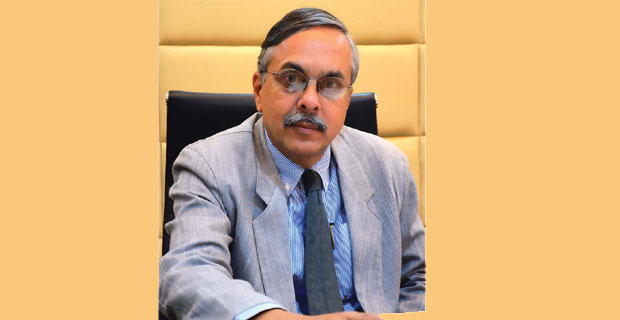PBD, Diaspora and Migration
Government of India is holding its biennial (every two years) PBD 2019 (PravasiBhartiya Divas) this year from 21st to 23rd January ...
Government of India is holding its biennial (every two years) PBD 2019 (PravasiBhartiya Divas) this year from 21st to 23rd January at the historic city of Varanasi. This is the 15th PBD convention and will again recognise and promote the strong bond that India has with its diaspora. As always, we will acknowledge and celebrate the tremendous contributions of our diaspora to the many host countries they belong too as also promote their engagement and contribution to mother India.
India has always stood for a free and open global system where talent mobility has the opportunity to contribute to personal and societal development. India records over a 31 million diaspora around the globe including some 15 million non-resident Indians (NRIs), i.e..Indian passport holders living overseas. It is these migrants that contribute to the international economy and whose interests need to be protected. It is towards this end that the UN has finally taken a major step recently in negotiating and agreeing to a Global Compact on Migration.
This Global Compact narrative started back in 2016, when 193 members of the UN general assembly unanimously adopted a non-binding political declaration, the New York declaration for refugees and migrants, pledging to uphold the rights of refugees and migrants. This ‘New York Declaration on Large Movements of Refugees and Migrants’ saw the launching of a two-year process to develop a Global Compact on Safe, Orderly, and Regular Migration, or as it is better known, the ‘Global Compact on Migration’. It had come on to the world stage on the back of the refugee crisis in Europe and the realisation of the world community that ‘migration and refugee movements’ needed to be ‘managed’. The issue after all, has been on and off the global table for years and finally there was some ‘movement’ on it. The reality is that the issue of mobility is here to stay. Globalisation demands it. So, do Corporates. It brings the best of human resource from around the world to ensure sustainability and competitiveness for the economy. It’s very much a global requirement and eagerly awaited especially by sending countries. And yet migration continues to be seen through the filter of border control and internal security. This may suit political positions of domestic protectionism but continues to be a short-term response to the larger demands of the 21st century knowledge economy.











Comments.